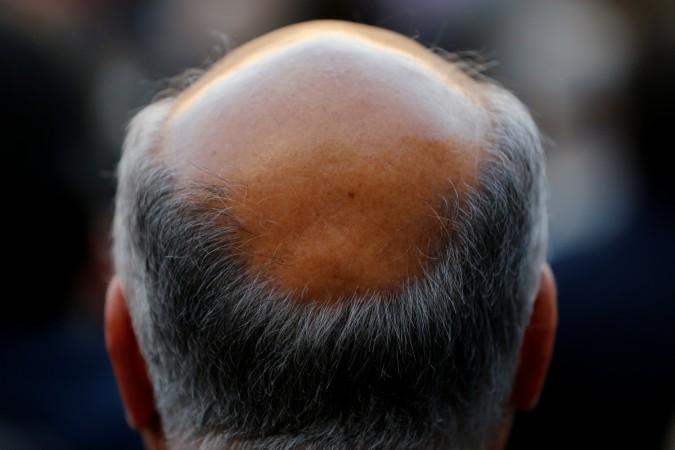Baldness may not be painful physically but it can affect one's self esteem. Experts have suggested several ways to regrow hair naturally, yet the only sure way so far to get it back is through hair transplant, which is an expensive procedure that most people can't afford. Now, researchers have claimed in a study that they have found a cure for balding.
Yes, you heard it right! A team of researchers led by Professor Kang-Yell Choi of Yonsei University, South Korea, has claimed that they have created a new biochemical agent called PTD-DMB with a potential to stimulate hair regrowth in those who have gone bald.
Also read: Stop baldness naturally: Here are 7 things that can do wonders to your hair
According to the study published in the Journal of Investigative Dermatology, the team of researchers has discovered that CXXC-type zinc finger protein 5 (CXXC5) obstructs Wnt/β-catenin pathway that facilitates hair follicle development and regeneration.

"Disrupting the CXXC5-Dishevelled interaction with a competitor peptide activated the Wnt/β-catenin pathway and accelerated hair regrowth and wound-induced hair follicle neogenesis. Overall, these findings suggest that the CXXC5-Dishevelled interaction is a potential target for the treatment of hair loss," said the researchers in the study.
They found out that the inhibition of CXXC5-Dvl interactions can be a therapeutic strategy to treat hair loss patients. Comparing the expression pattern of CXXC5 and β-catenin revealed that they were inversely correlated to each other in both haired and bald scalp, suggesting that the level of CXXC5 is associated with hair loss.
The researchers also found out in an experiment with mice that "CXXC5 supported the transition from telogen to anagen with increased levels of β-catenin, alkaline phosphatase, and proliferating cell nuclear antigen, again consistent with a WNT-inhibitory function of CXXC5."
The study went on to say that "treatment of CXXC5 null mice with valproic acid (VPA) -- a GSK3β antagonist with some wnt agonist activities -- showed synergistic effects on hair regrowth compared with untreated wild-type mice."












